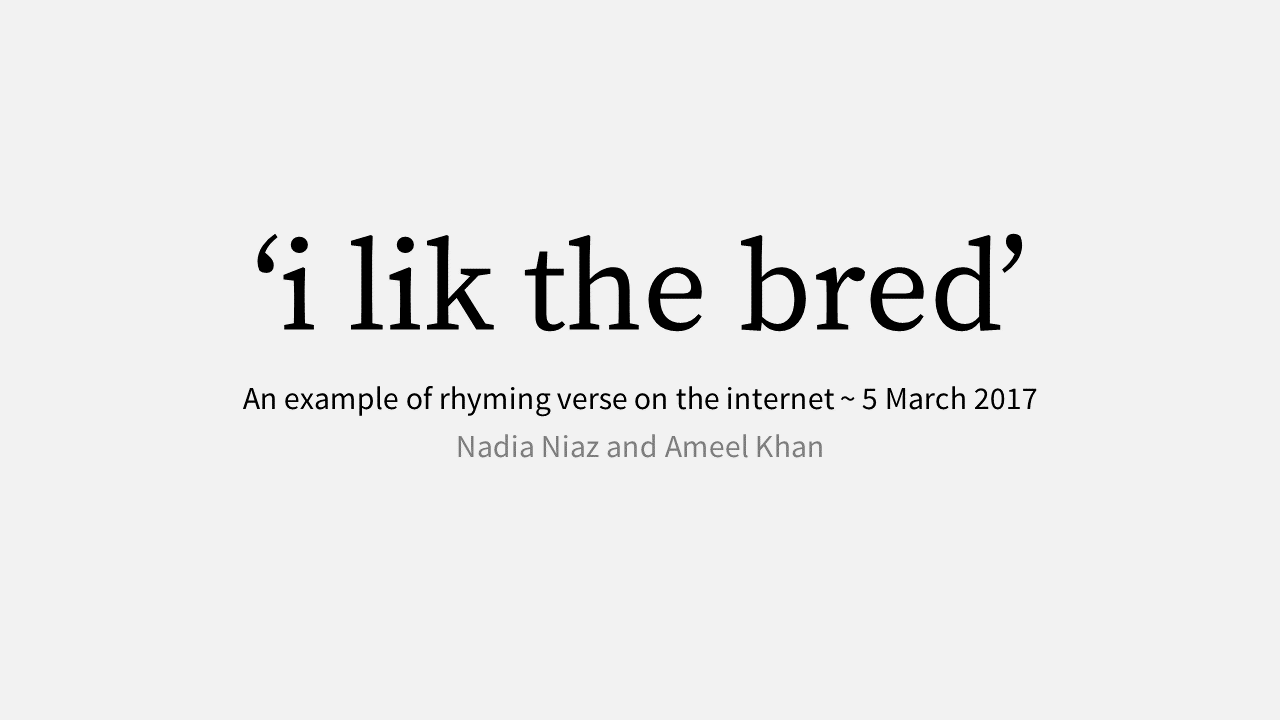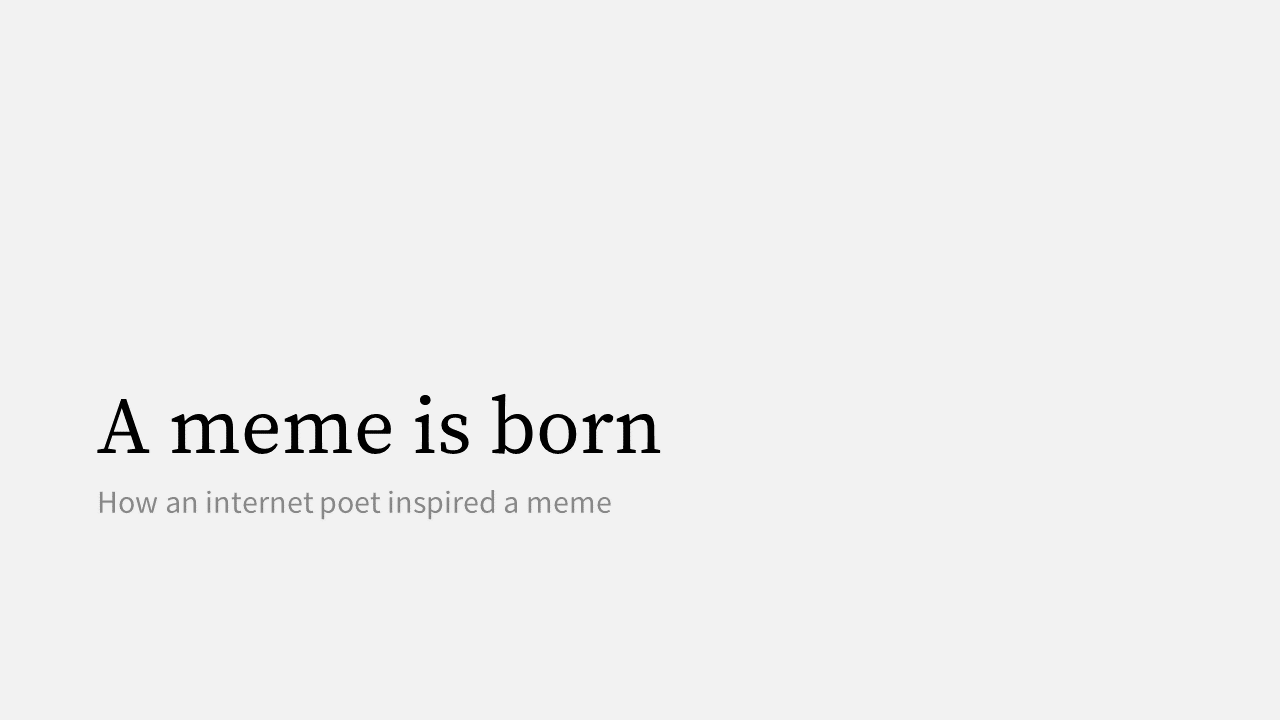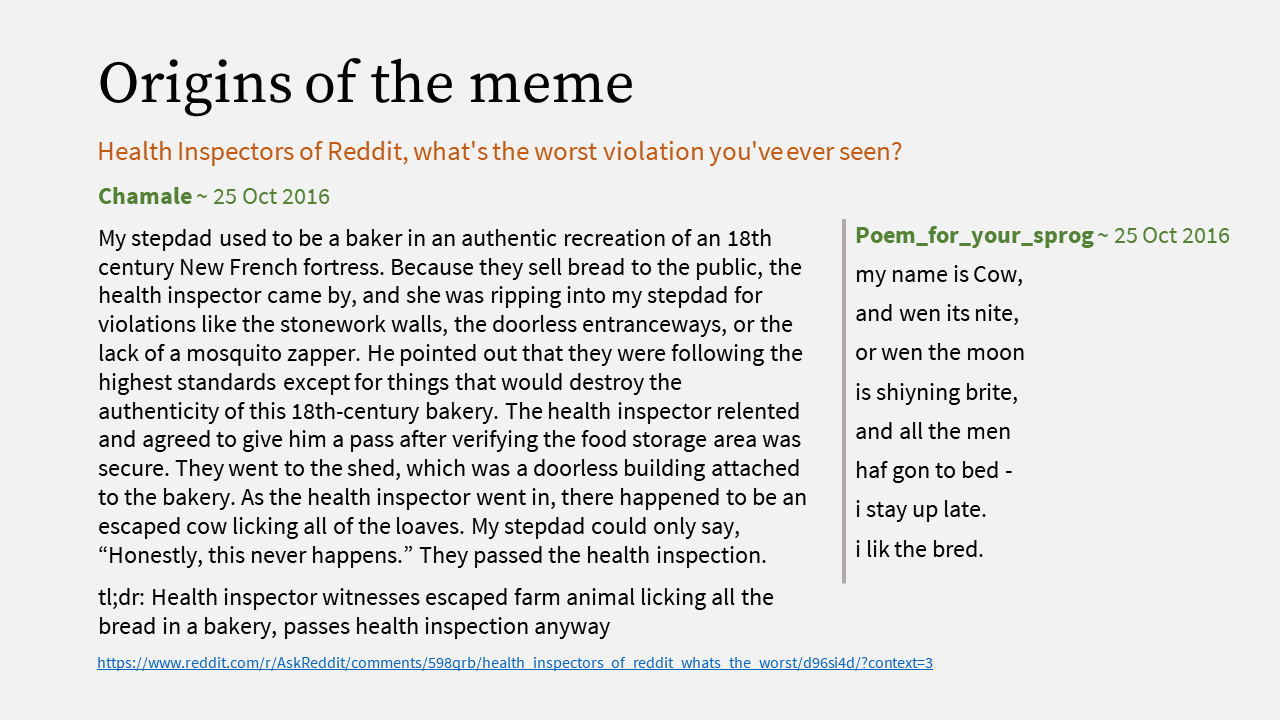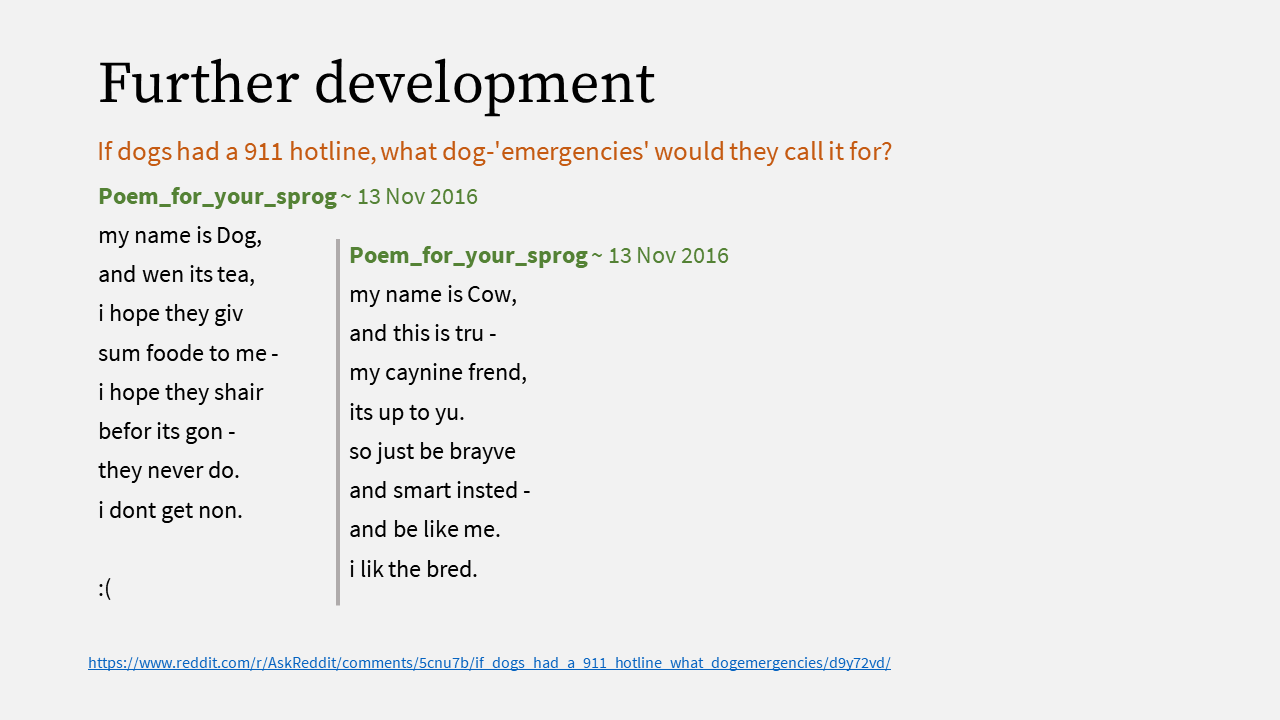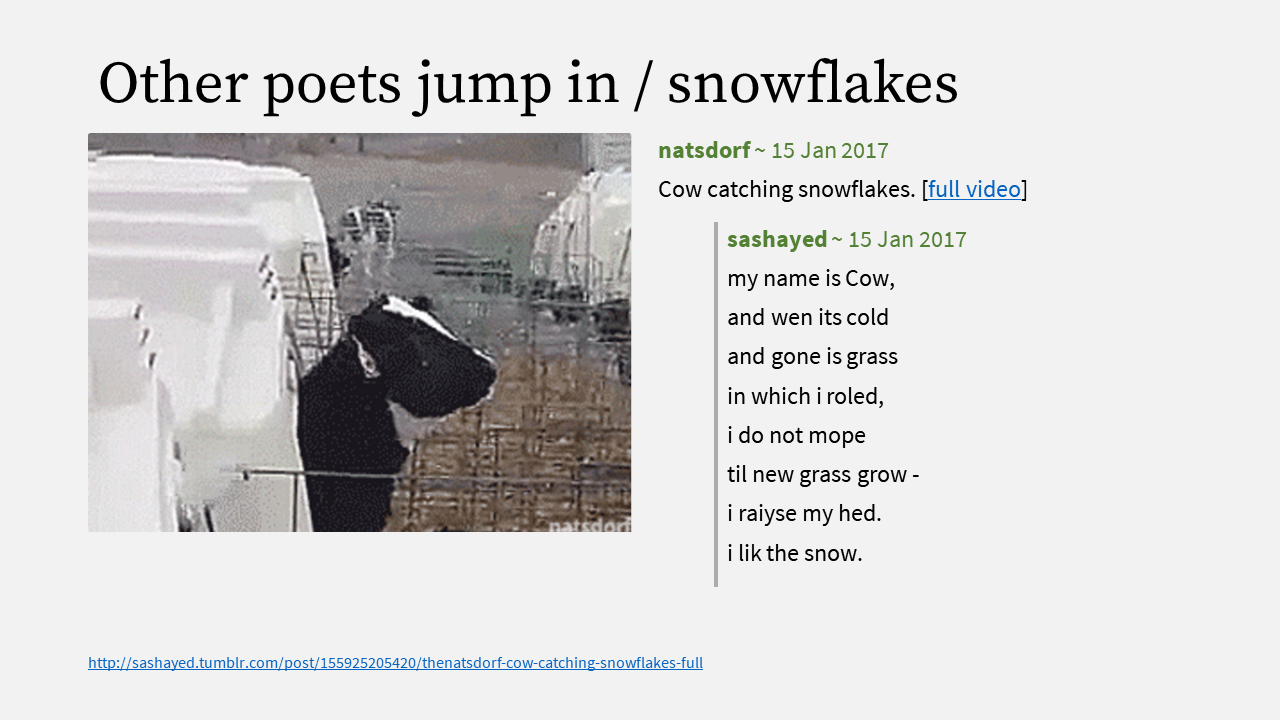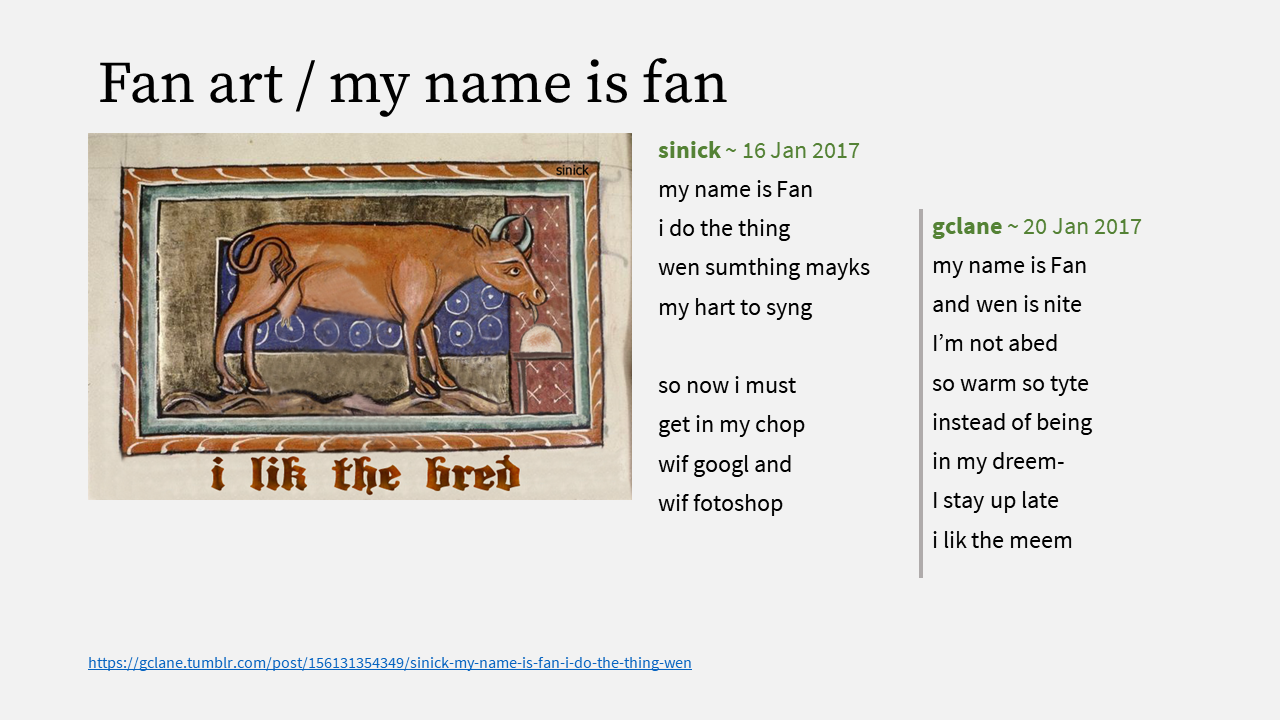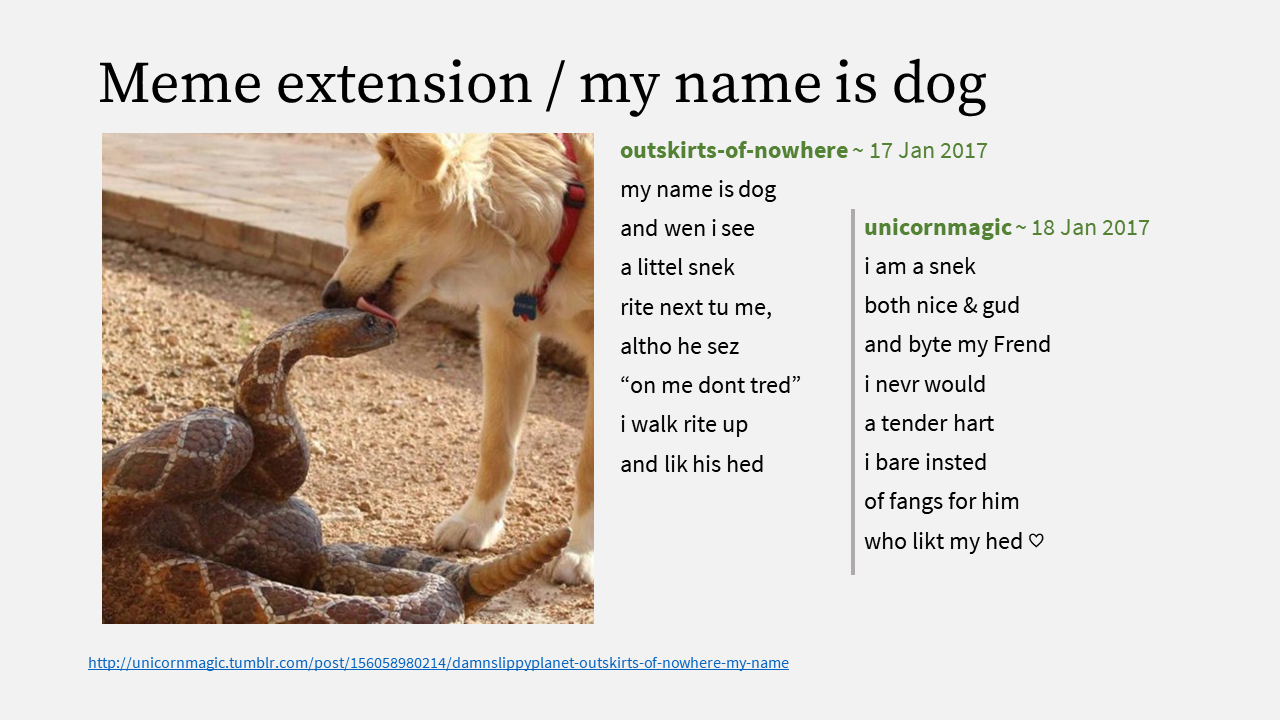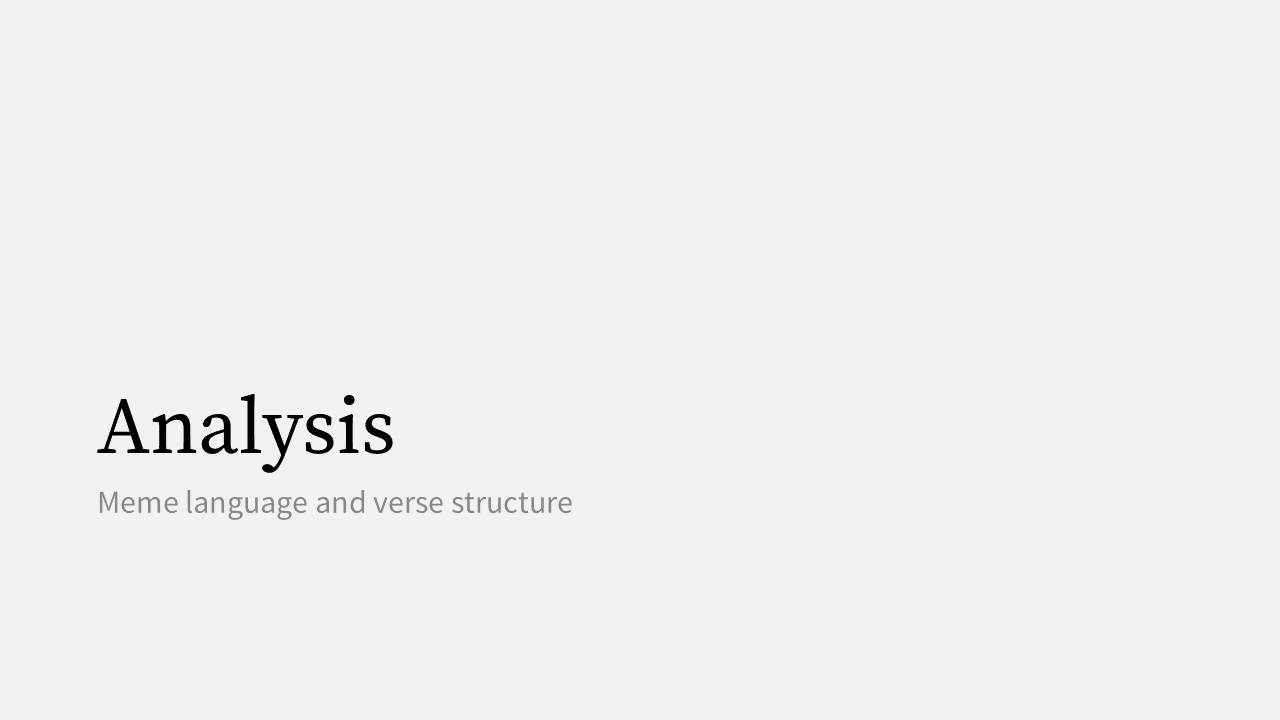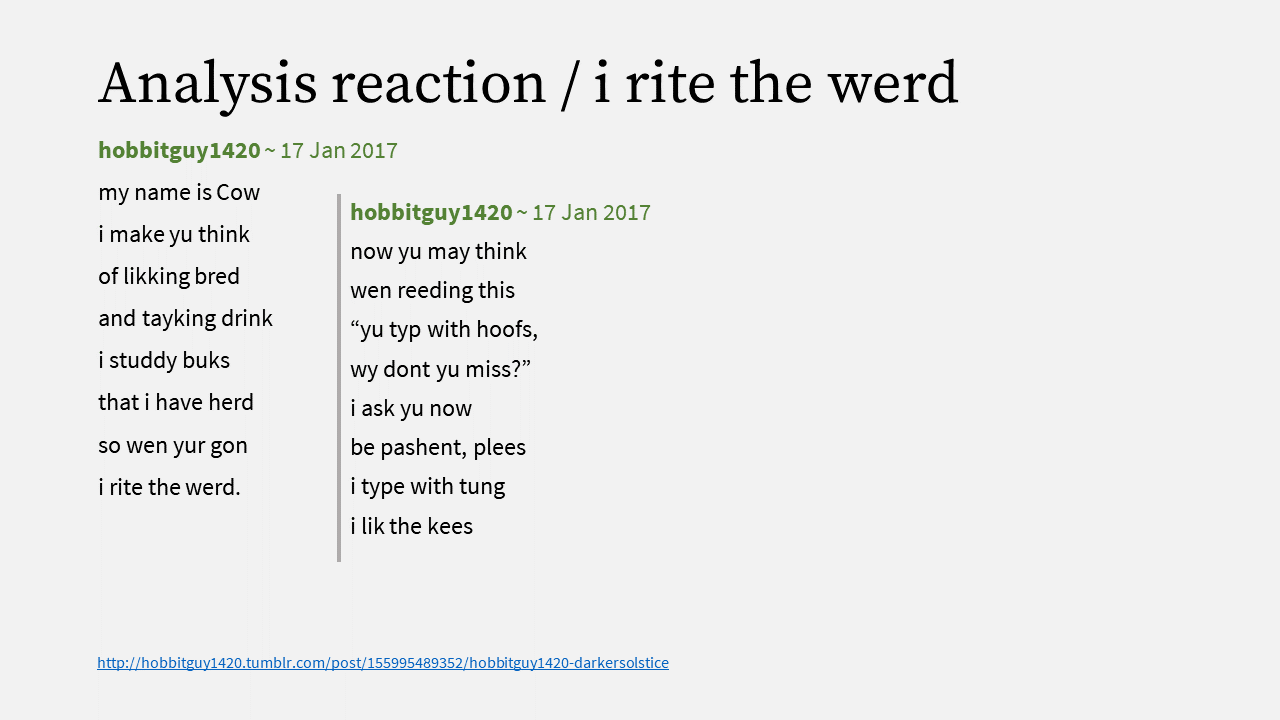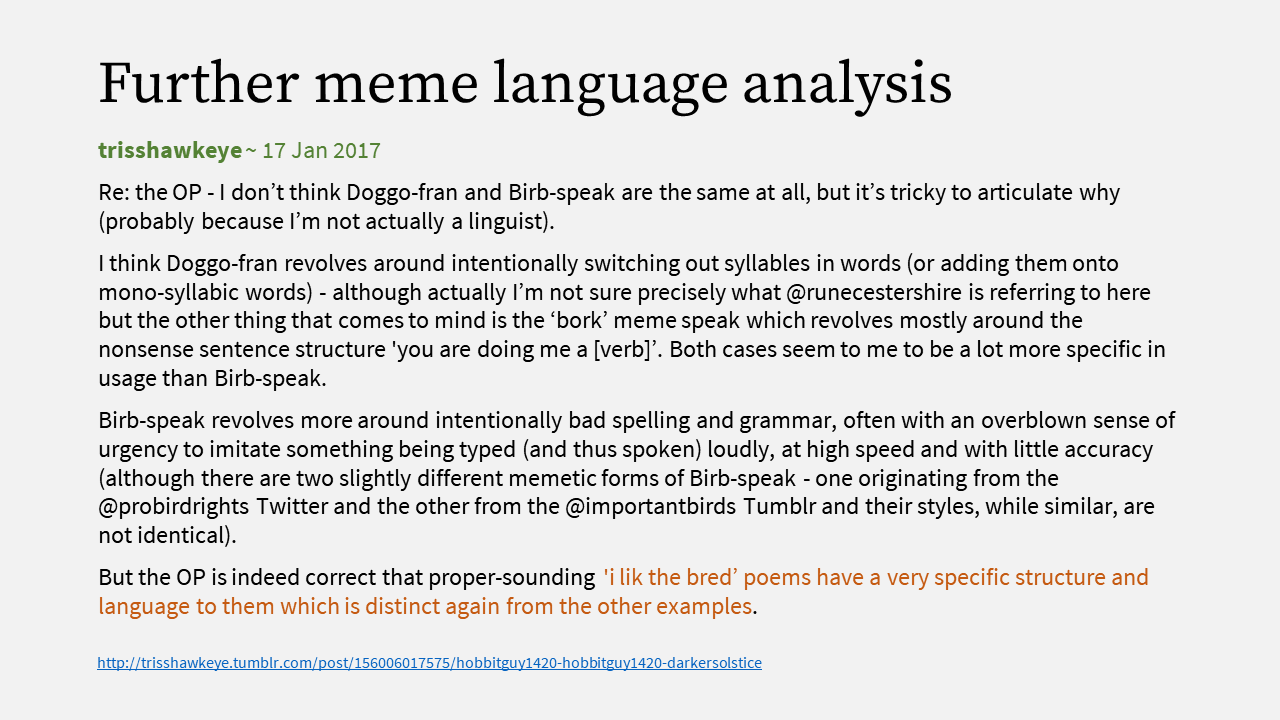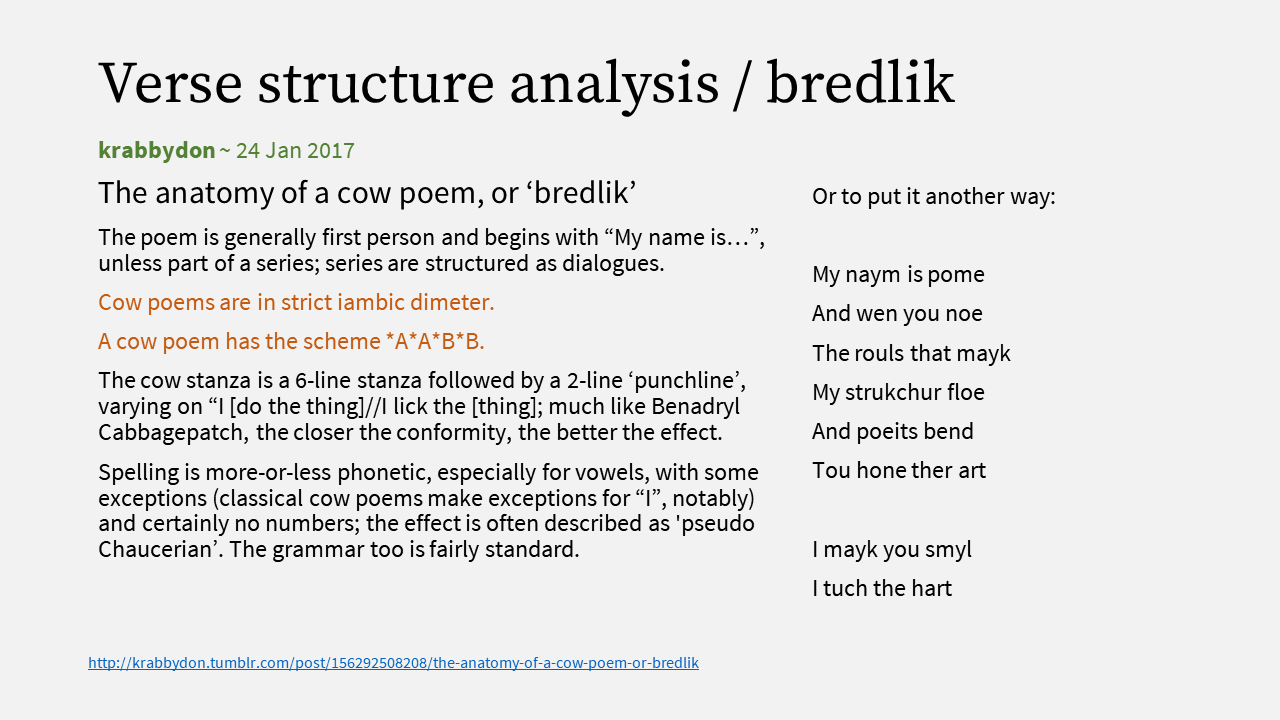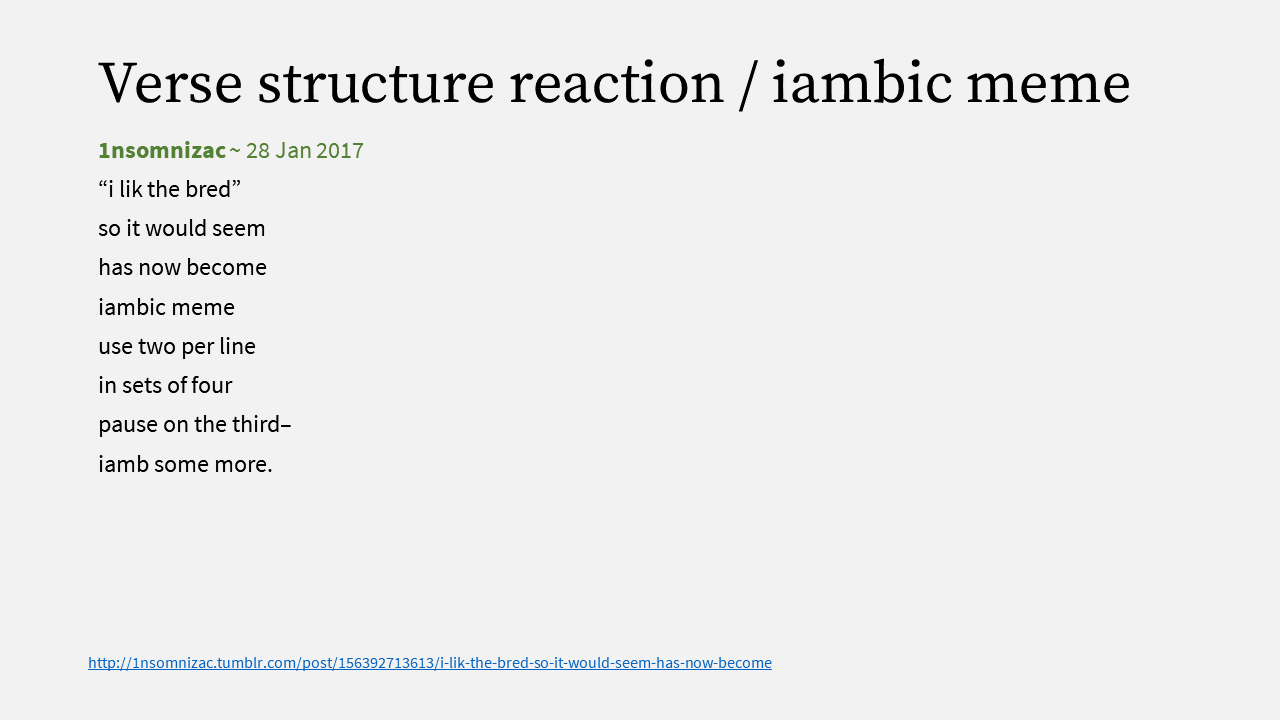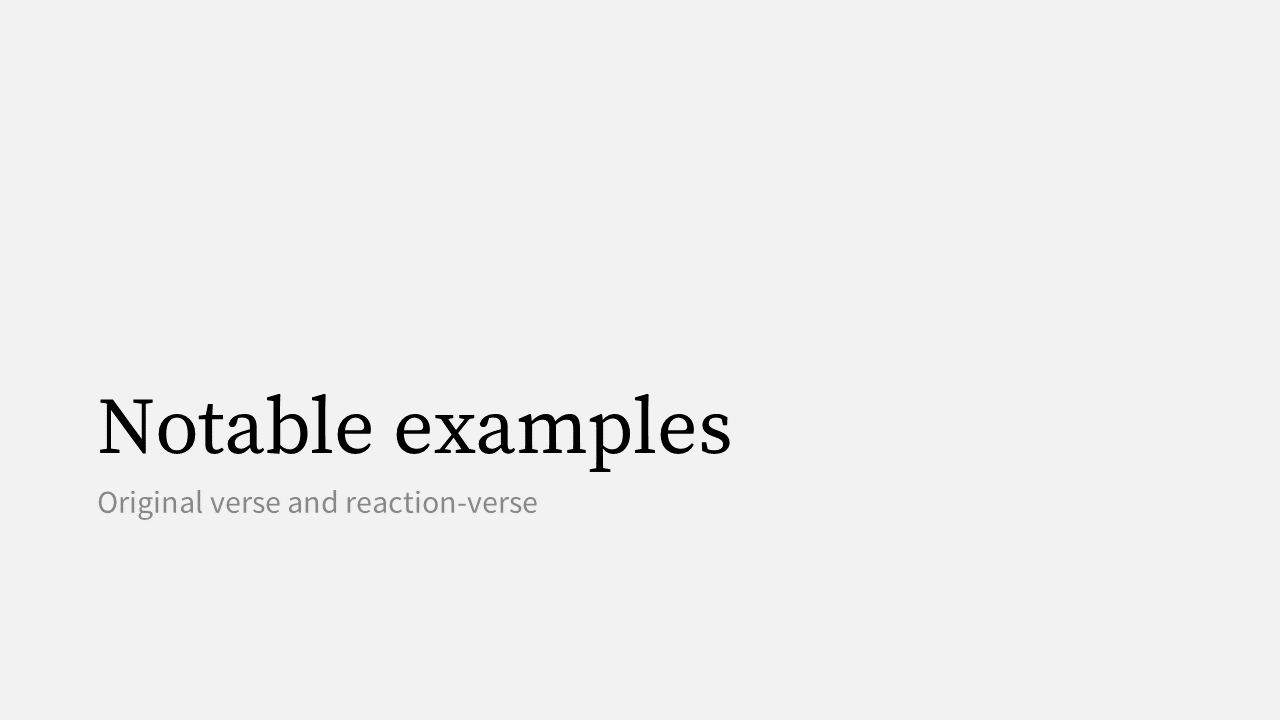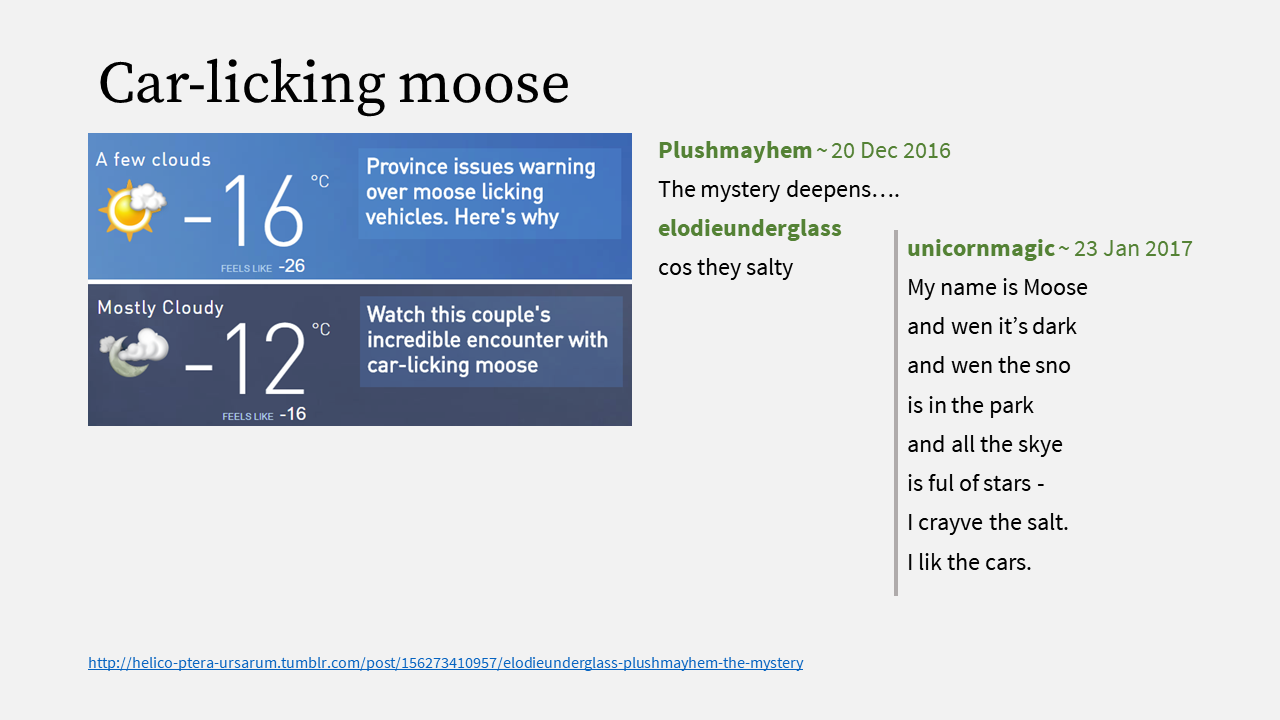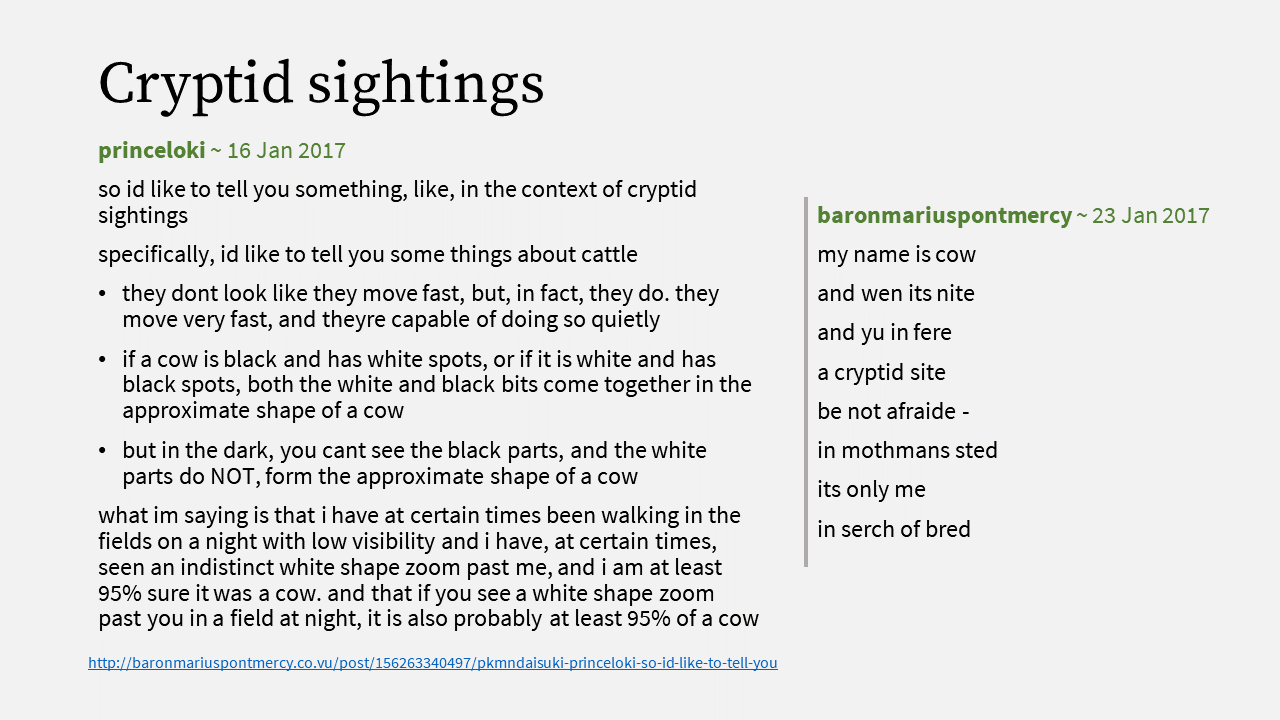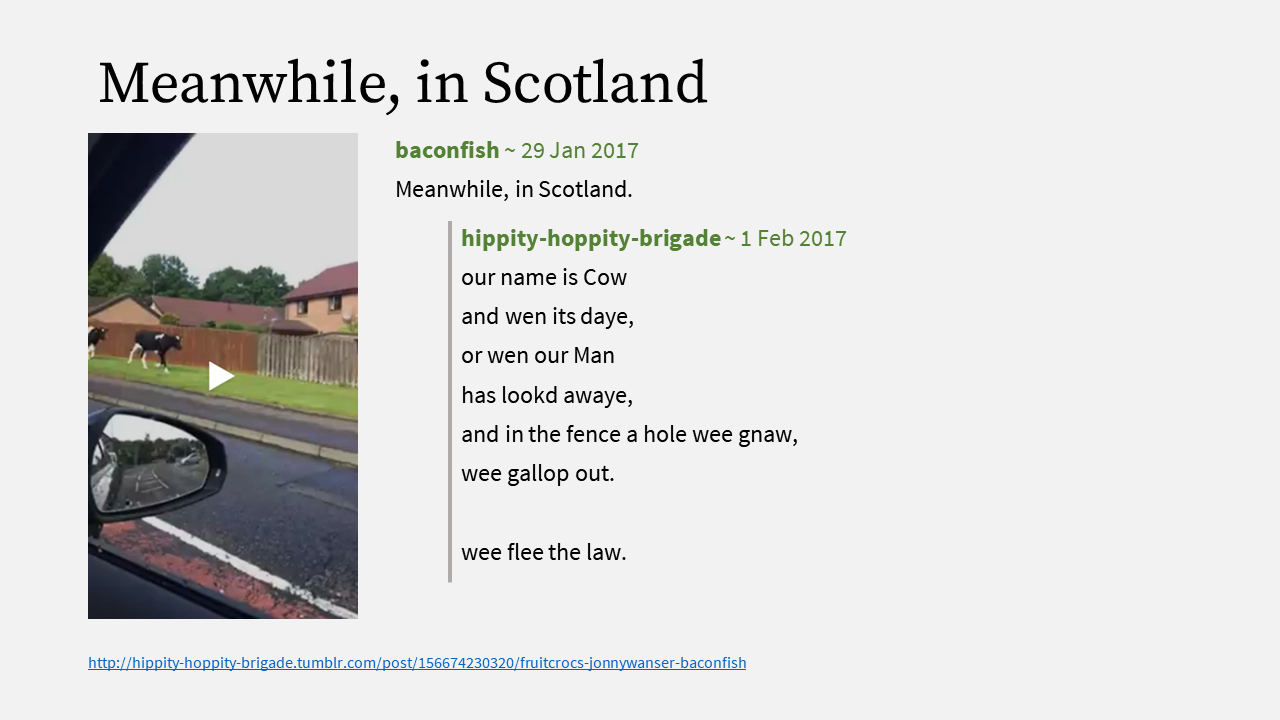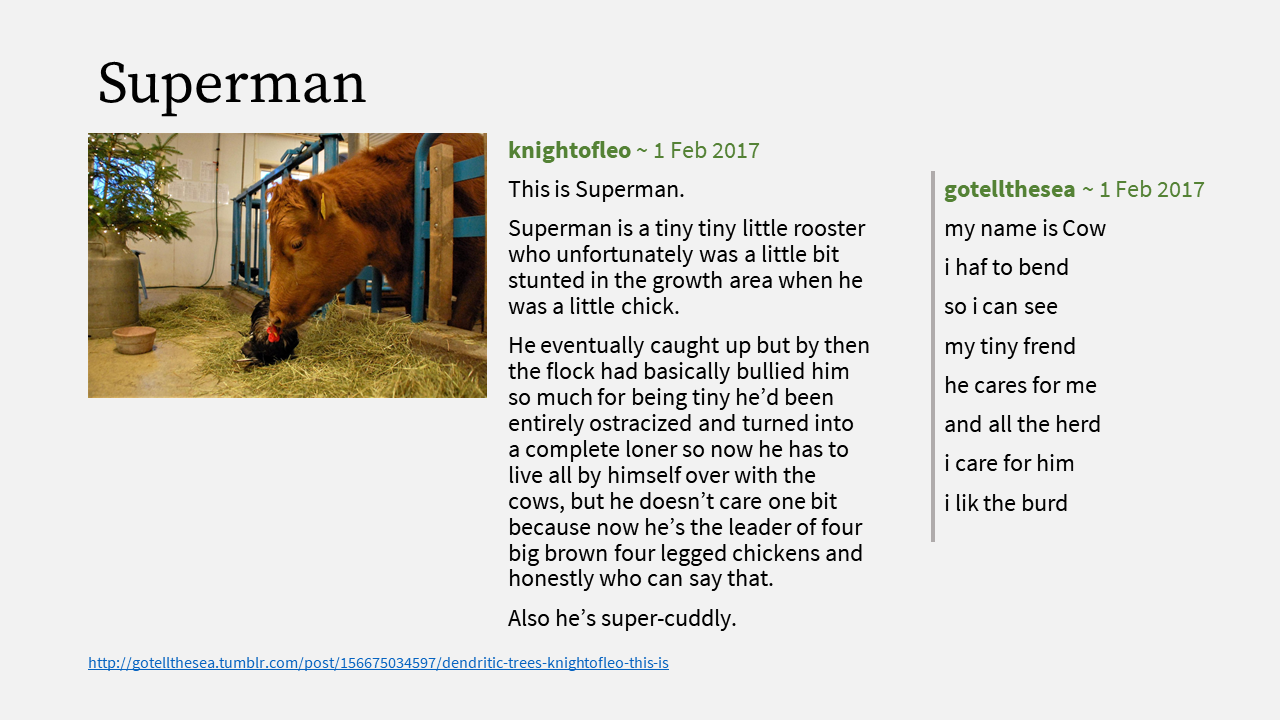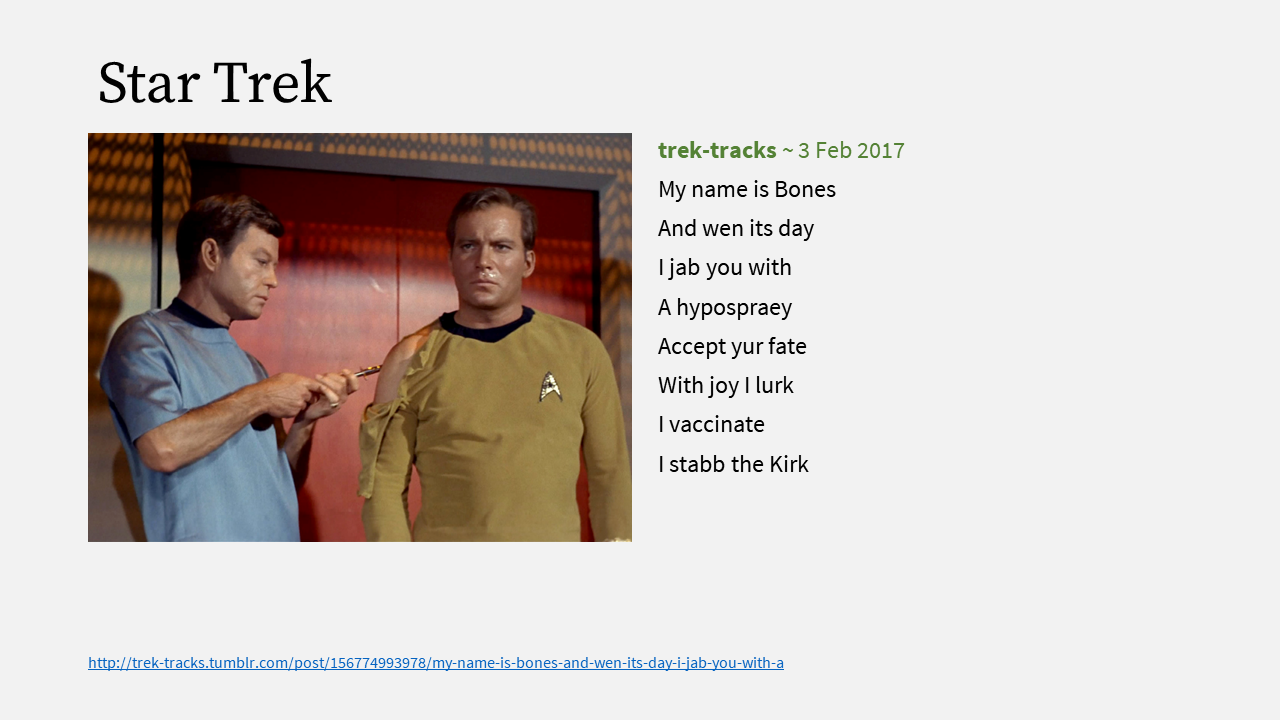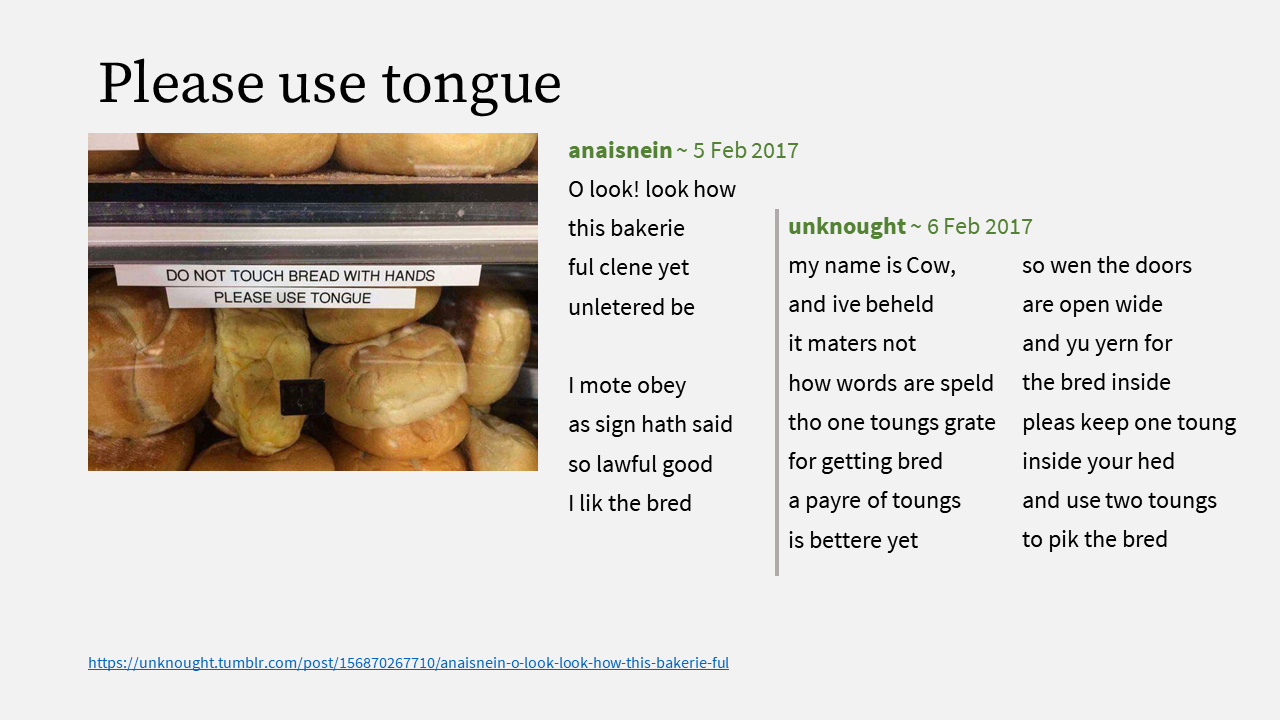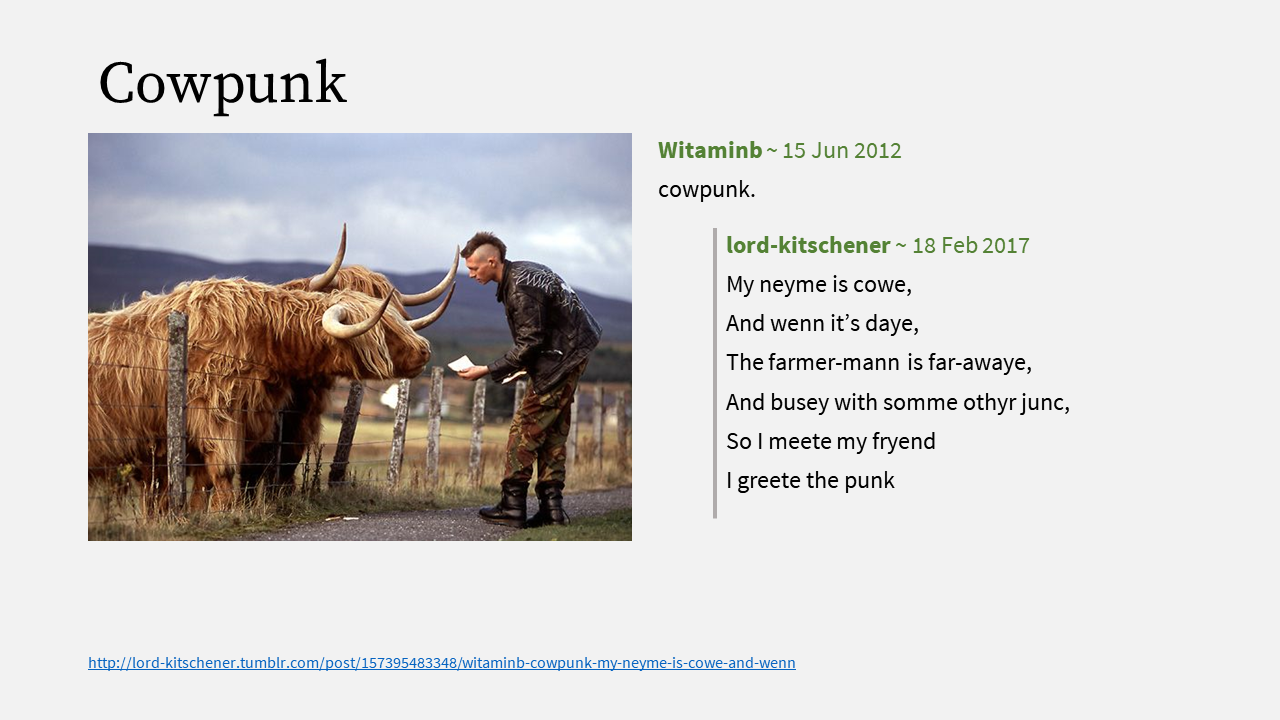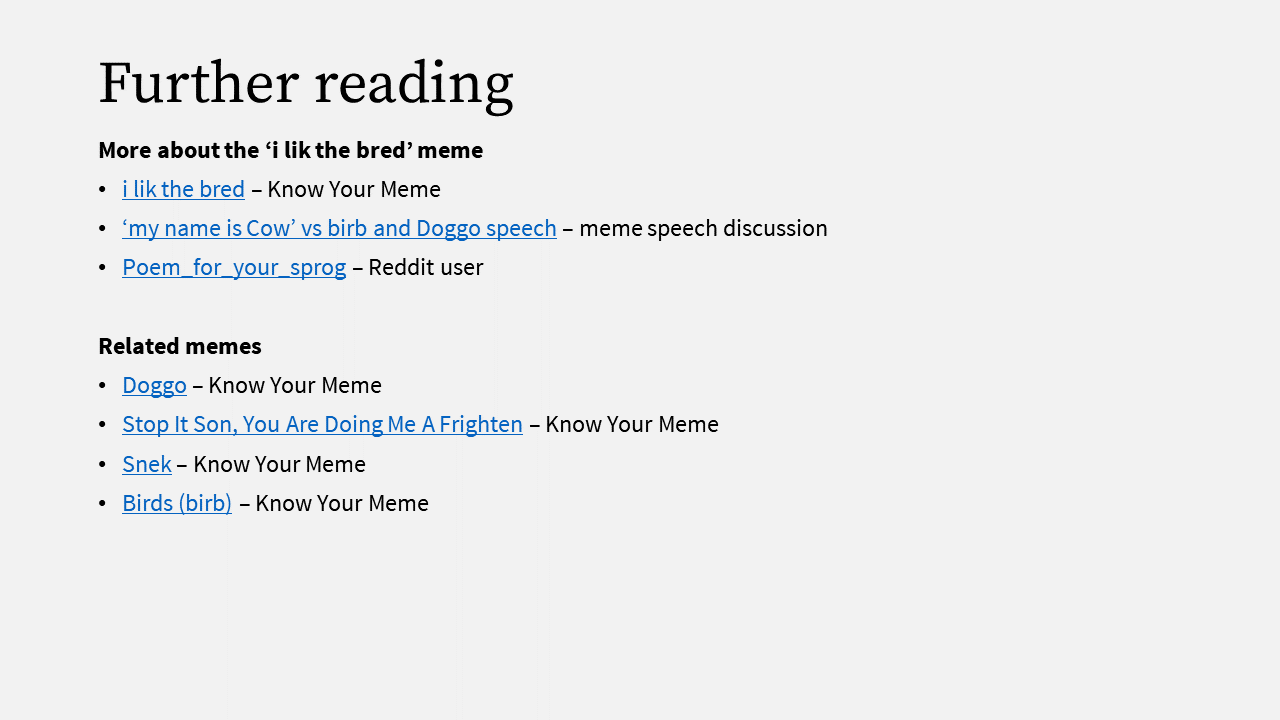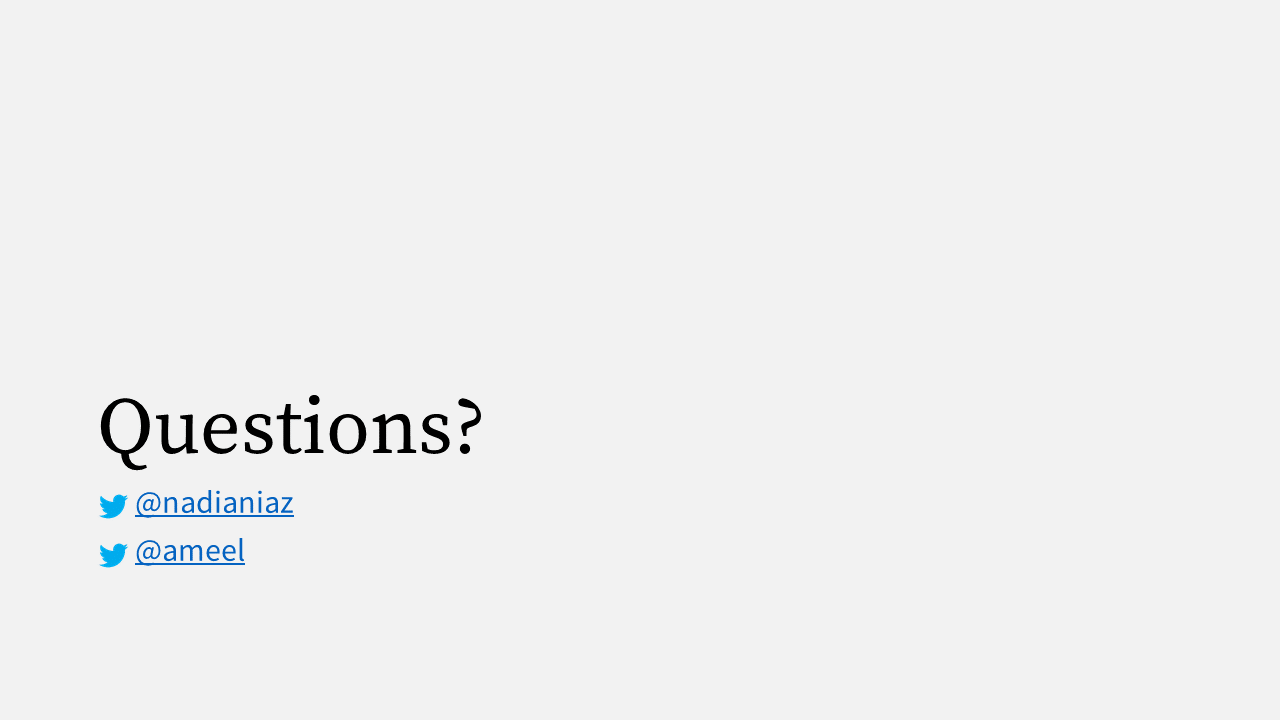I quoted several of Gloria Anzaldúa's essays in my reading tonight. Here is the text with the readings listed below that in the order in which they appeared.
In 1987 Gloria Anzaldúa wrote an essay titled: ‘How to Tame a Wild Tongue’, after which this evening is named, Gloria says:
‘Wild tongues can’t be tamed; they can only be cut out.’
Anzaldúa speaks of how being multilingual in a monolingual, monocultural, straight white world means that those of us who are aware of our multiplicity – the minoritised, the disenfranchised, the exoticised – are required to perform daily acts of mutilation on ourselves to simply exist. She talks of the silences that this forces upon us. She talks of the toll that twisting and silencing herself has taken on her spirit, on her humanity. And she resists.
Instead she says ‘I will no longer be made to feel ashamed of existing. I will have my voice. I will have my serpent’s tongue – my woman’s voice, my sexual voice, my poet’s voice. I will overcome the tradition of silence.’
In ‘Speaking in Tongues: A Letter to Third World Women Writers’, written in 1980 Anzaldúa says:
‘I write to record what others erase when I speak, to rewrite the stories others have miswritten about me, about you. To become more intimate with myself and you. To discover myself, to preserve myself, to make myself, to achieve self-autonomy. To show that I can and that I will write, never mind their admonitions to the contrary. And I will write about the unmentionables, never mind the outraged gasp of the censor and the audience. Finally, I write because I’m scared of writing but I’m more scared of not writing.’
‘It is not on paper that you create but in your innards, in the gut and out of living tissue …’
‘I say, mujer mágica, empty yourself. Shock yourself into new ways of perceiving the world, shock your readers into the same.
Write with your eyes like painters, with your ears like musicians, with your feet like dancers. You are the truthsayer with quill and torch. Write with your tongues of fire. Don’t let the pen banish you from yourself. Don’t let the ink coagulate in your pens. Don’t let the censor snuff out the spark, nor the gags muffle your voice. Put your shit on the paper.’
Hybridity is one of Anzaldúa’s main concerns. Herself a descendant of Indigenous Americans as well as Spanish and White invaders, she constantly interrogates the notion of a single identity. In ‘La Prieta’, written in 1981, she says:
‘I am a wind-swayed bridge, a crossroads inhabited by whirlwinds. Gloria the facilitator, Gloria the mediator, straddling the walls between abysses. “Your allegiance is to La Raza, the Chicano movement,” say they members of my race. “Your allegiance is to the Third World,” say my Black and Asian friends. “Your allegiance is to your gender, to women,” say the feminists. Then there’s my allegiance to the Gay movement, to the socialist revolution, to the New Age, to magic and the occult. And there’s my affinity to literature, to the world of the artist. What am I? A third world lesbian feminist with Marxist and mystic leanings. They would chop me up into little fragments and tag each piece with a label.’
This question of allegiances, of belonging, of finding ‘her’ people is repeated in her later writings as well and is a theme that many of us – including third culture kids like me, who were only starting to be talked about when she was writing – continue to identify with today.
In ‘Bridge, Drawbridge, Sandbar or Island’, first published in 1990, Anzaldúa writes:
‘Do they only want those parts of us that they can live with, that are similar to theirs, not different from them? The issue of differences continues to come up over and over again. Are we asked to sit at the table, or be invited to bed, because we bring some color to and look good behind the sheets?
‘When I am asked to leave parts of myself out of the room, out of the kitchen out of the bed, these people are not getting a whole person. They are only getting a little piece of me. …we need all of us together…and all of us needs all the different aspects and pieces of ourselves to be present and totally engaged in order to survive…’
In ‘To(o) Queer the Writer—Loca, escritora y chicana’, from 1991, Anzaldúa continues to challenge the question of allegiance to a single identity:
‘“Lesbian” doesn’t name anything in my homeland,' she says.
‘Queer is used as a false unifying umbrella which all “queers” of all races, ethnicities and classes are shoved under. At times we need this umbrella to solidify our ranks against outsiders. But even when we seek shelter under it we must not forget that it homogenizes, erases our differences…I must constantly assert my differences…I must stress: The difference is in my relationship to my culture; white culture may allow its lesbians to leave – mine doesn’t.’
For me, 1993’s ‘Border Arte’ strikes a more hopeful note by framing the hybrid identity as a source of creativity. Anzaldúa refuses to be categorised and labelled, and talks instead of embracing border-dwelling.
‘…The dominant culture shapes the ethnic artist’s identity if she does not scream loud enough and fight long enough to name herself. Until we live in a society where all people are more or less equal and no labels are necessary, we need them to resist the pressure to assimilate.’
‘The multi-subjectivity and split-subjectivity of border artists creating various counter-arts will continue, but with a parallel movement… where a refusal to be split will be a given.’
‘The border,’ she says, ‘is the locus of resistance, of rupture, implosion and explosion and of putting together the fragments and creating a new assemblage...Border art deals with shifting identities, border crossings, and hybridism.’
‘I was born and live in that in-between space, nepantla, the borderlands.’
Essays quoted:
'How to Tame a Wild Tongue' 1987
'Speaking in Tongues: A Letter to Third World Women Writers' 1980
'La Prieta' 1981
'Bridge, Drawbridge, Sandbar or Island' 1990
'To(o) Queer the Writer-Loca, escritora y chicana' 1991
'Border Arte' 1993
These essays can be found in Borderlands/La Frontera by Gloria Anzaldúa and The Gloria Anzaldúa Reader edited by AnaLouise Keating.






